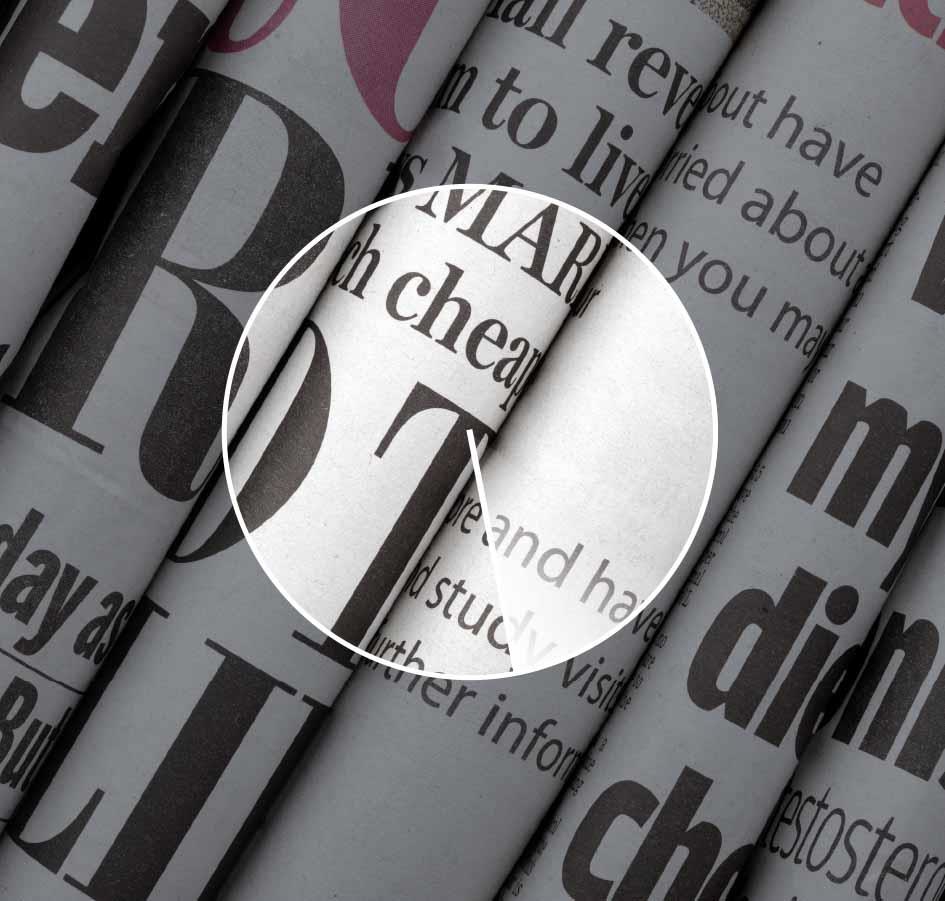6 Democracy and freedom of the press

According to the Freedom in the World 2022 report, democracy as a form of government has been steadily losing ground over the past 16 years, while authoritarian regimes have made headway. In addition to such regimes attacking fundamental freedoms in their own countries, there has been a clear tendency for them to support each other through “anti-democratic alliances”. According to Freedom House, only around 20 percent of the world’s population now lives in completely free countries.3
Free and fair elections, independent systems and institutions that safeguard the balance of power and transparency, as well as mechanisms to prevent political control of the media and judiciary are some of the preconditions for a functioning democracy. We have seen many examples of attacks on freedom of expression and freedom of the press, or of regimes attempting to take control of the media. This may happen through the courts, legislative amendments, acquisitions, various forms of harassment, as well as through propaganda and disinformation. According to the World Press Freedom Index, which is compiled by Reporters Without Borders (RSF), press freedom was considered “good” in just eight out of 180 countries in 2022.4 According to UNESCO’s World Trends in Freedom of Expression and Media Development report, 85 per cent of the world’s population has experienced a reduction in press freedom in their own countries over the past five years.5
It must also be assumed that the downturn in press freedom has a negative impact on the areas covered by the GPFG’s ethical guidelines, since it leads to the exposure of fewer cases of serious wrongdoing, while fewer of those involved are held to account. It also makes it more difficult for the Council to obtain information about potential norm violations perpetrated by GPFG-invested companies.
The Council’s October 2022 recommendation to place the Polish energy company Polski Koncern Naftowy Orlen SA (Orlen) under observation must be seen partly in this light. The starting point for the recommendation was Orlen’s acquisition of the newspaper publisher Polska Press and the ramifications this could have for freedom of the press in Poland. The acquisition of Polska Press gives Orlen control of most regional newspapers in the country and a large number of local media houses and online portals. A number of key actors have pointed out that the Polish state’s ownership of Orlen means that Polska Press could be subjected to political interference and that the acquisition has therefore a negative impact on freedom of expression. This criticism is made in the broader context of diminishing press freedom in Poland.
This is the first case in which the Council has considered a reduction in, or lack of, freedom of expression as an issue under the human rights criterion. Freedom of expression, including freedom of the press, is covered both by the International Covenant on Civil and Political Rights (ICCPR) and the European Convention on Human Rights.
The loss of freedom of expression and subsequent risk of political interference is particularly serious in connection with elections, and the Council has noted that several actors have expressed serious concerns about the independence of Polska Press’s publications in connection with the 2023 general elections. The extent to which this risk will manifest itself remains uncertain. Due to the uncertainty about developments going forward, the Council therefore recommended that this company be placed under observation.